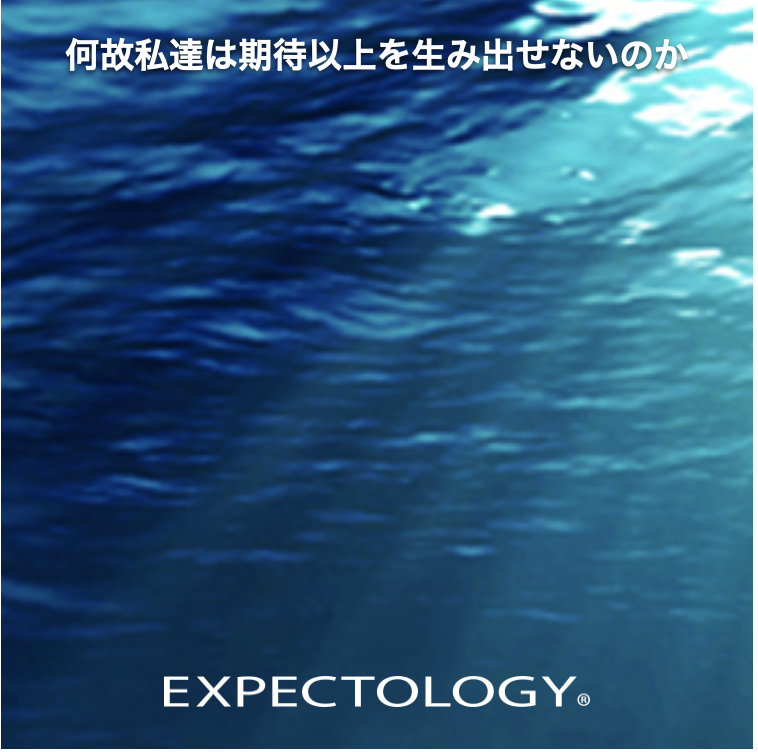projects
EXPECTOLOGY

When companies and other producers release their products on the market, their deepest desire is that those products exceed the expectations of large numbers of consumers. Unfortunately, however keenly their developers may wish for widespread product acceptance, in most cases consumers feel the products are what they expected and nothing more. Expectology is a design method created by the founder of tripod design, Satoshi Nakagawa, in 2009. This radically new design method, conceived alongside research into predictive kansei engineering, focuses on the relationship between design and neuroscience. Its aim is to broaden research in UD from the question of what makes things difficult to use to the psychological question of how to create things that people will want to use.
We host regular seminars on Expectology, with numerous companies participating. At these events, researchers and designers in kansei engineering from around the world present a wide range of ideas and proposals, discussing the expectations, uncertainties, moments of elation and moments of despair that occur in the development process. Currently a major theme in these Expectology seminars is the subject of research and development combining sensor technology and sensing design.